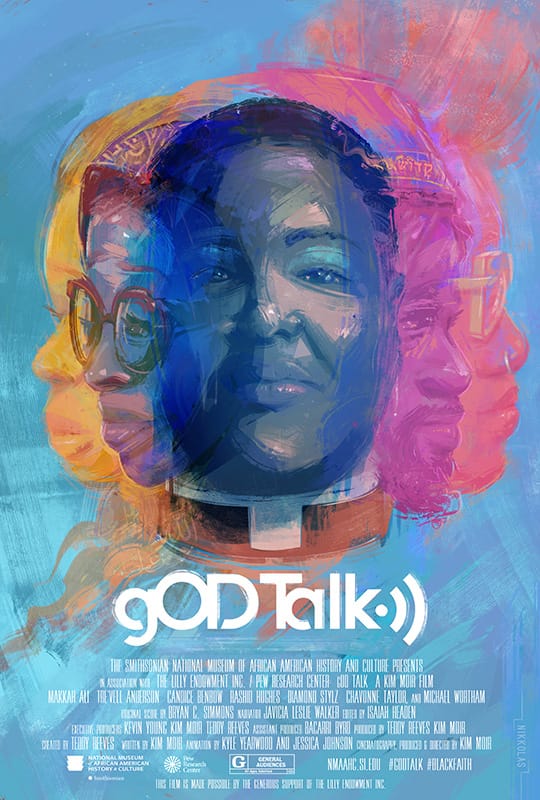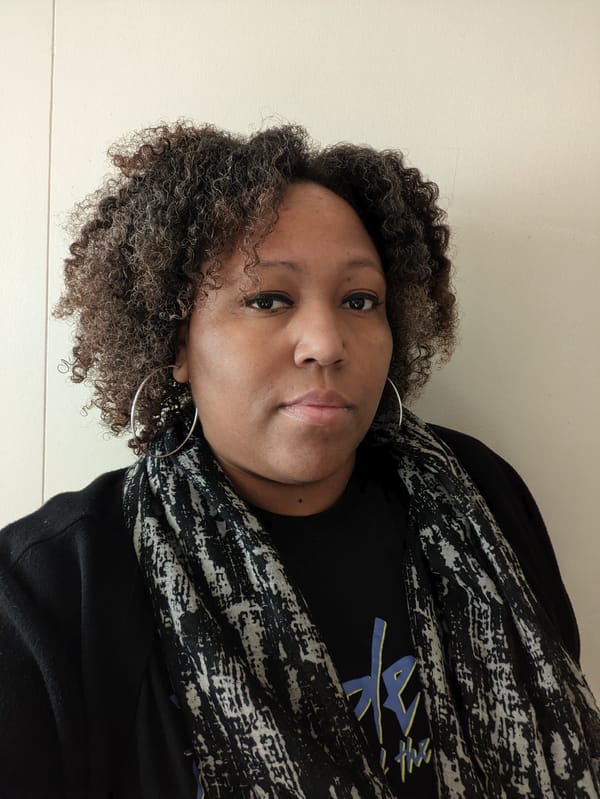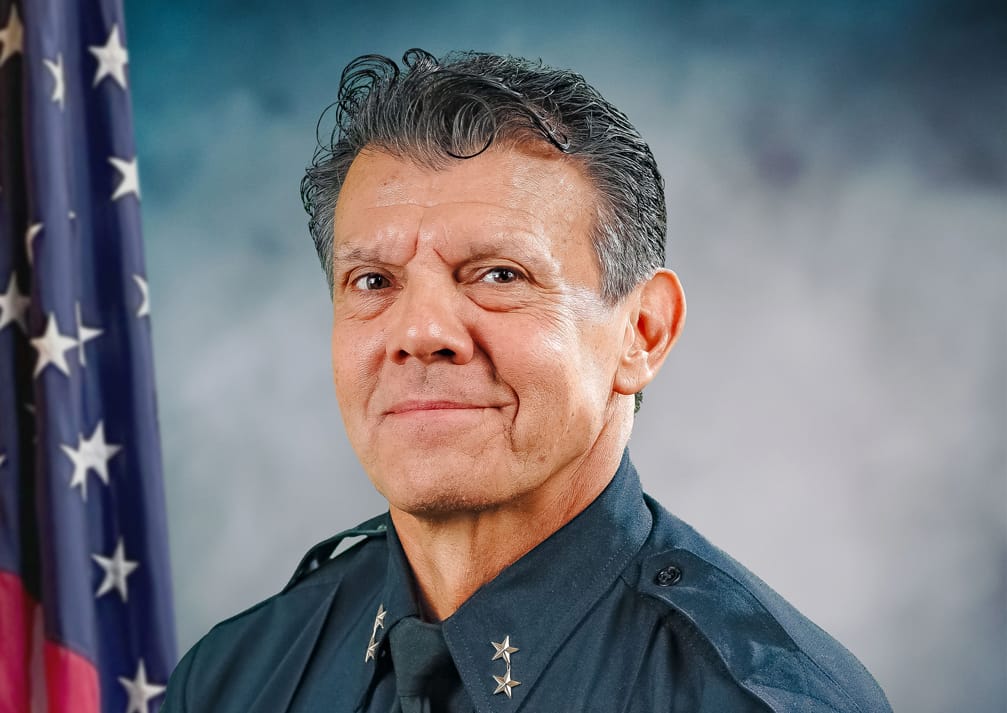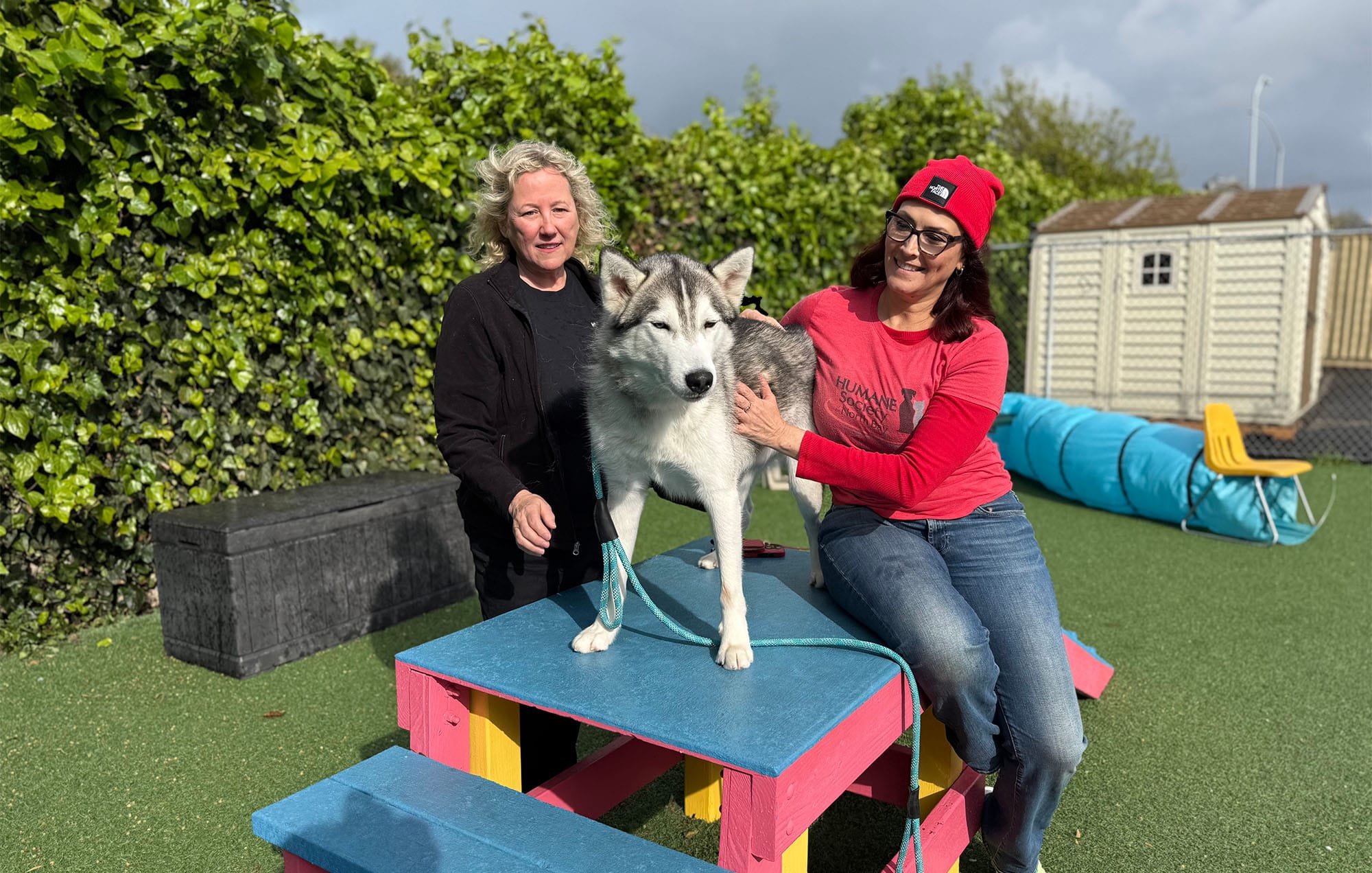OAKLAND – Musician and composer Bryan C. Simmons has used his musical abilities that he learned growing up in Vallejo to fuel his dreams to become a working artist, touring musician and musical director.
His latest project is the Smithsonian's National Museum of African American History documentary gOD-Talk. The two-hour documentary is a deep dive that explores the intersection of religion, trauma, sexuality, gender norms and Black American culture for millennials.
And Simmons got to set a musical tone for it.
Simmons is the co-owner of The Reef Studios in Oakland with fellow Vallejoan Jarin Tindall and Andrew Bearford. He has worked with archivists for the Black Panther Party and for HellaBlack podcast’s Tales of the Town documentary. He’s the keyboardist and piano player for Vallejo artist LaRussell and has toured with Fantastic Negrito, who in 2023 opened for Bruce Springsteen’s world tour.
Simmons also teaches music at Village Music School in Walnut Creek, as well as teaches and consults with Oakland School for the Arts’ music business class and record label.
In this Q&A, Simmons talks about becoming a musical composer, the documentary and what makes Vallejo the home ground for some of the Bay Area’s music scene. If you want to learn more about him, follow Bryan C. Simmons on Instagram.
The interview is edited and abridged for clarity.
Brandy: First tell us a little bit about the documentary itself that you're working on and how it came about?
Bryan: The documentary is called gOD-Talk. It was research conducted by the National African-American Museum led by their religious curator, Dr. Teddy Reeves.
[It] started off as prompted questions between about nine millennials of all different walks of faith basically talking about where they are with their faith, where it's relevant to them. It’s based on the Smithsonian's research that millennials are less religious than the generation before, but Black millennials are the most religious compared to our counterparts.

Brandy: But why recommend you, was there some kind of connection there?
Bryan: I was talking to [hip-hop artist Karega Bailey] prior to the project about wanting to get into film score. And this project fell on his lap. He knows my background in film score.
Brandy: So what does that mean to be a music composer?
Bryan: They send me the film with no music on it or temp music and say this is how I want the music to feel, these are the emotions that we want to capture and then I go ahead and produce the music. I'm responsible for the team and the instrumentation and how we want to approach this music. And I'm in direct contact with the writers, directors and producers of the film.
Brandy: Talk me through a little bit more than about the process of learning to get to that level. What did it take for you?
Bryan: Honestly took a lot of networking, but a lot of I would say strategic planning as far as what kind of projects I worked on. I've been with Fantastic Negrito for years and wanted to make it shift into being into something more, something that would last longer than me just playing on stage.
I became a musical director and composer for a lot of rap groups. What I did in 2020 was I just started writing a ton of music. I started filming my own stuff and putting it on YouTube and just kind of building the portfolio. I was able to basically create my own portfolio and be able to shop it around to directors and artists and film producers.
Brandy: So you are a touring musician. You're also teaching. And if i'm not mistaken, you own a studio of your own, is that correct?
Bryan: I co-own this studio in downtown Oakland called the Reef Studios where we actually did the production for this Smithsonian film.
How this studio came about: It actually started in Vallejo. It started as a party that we threw at my parent's house, but these parties were always special because we invited all musicians and artists and producers and then a bunch of chefs on top of this and my parents will go out of town and say to everybody, You can cook and do whatever you want, just make sure the house is clean.’
Me and Jaren were in the backyard one day. It was like an epic party happening. [We said,] ‘We got to do this. We got to like, turn it into something.’ A month later, one of our friends said, ‘Hey I'm getting rid of the studio, downtown Oakland right by the Fox. It’s a beautiful location, who want it?’
We're like, ‘This is our sign.’
Brandy: So you grew up in Vallejo, can you talk about that experience of growing up in Vallejo?
Bryan: I was very, very fortunate to grow up with such a diverse place. At the time it was one of the top three most diverse cities in the world. A lot of great artists come out of Vallejo. I can't articulate exactly why it's been the birthplace of so many artists such as H.E.R and LaRussell and Sly and the Family Stone.
We're not as prideful as Oakland. But Vallejo, we have our thing and we love our thing. And this is like a melting pot of cultures. It's just that melting pot that understanding of each other's culture has really helped me in my career. I feel like Vallejo has prepared me for other people's cultures, to be able to respect people's cultures. We had a lot of really good teachers.
It was kind of a slow place so a lot of retired touring musicians like from Con Funk Shun will come there and kind of retire, chill, and take on a couple students – me being one of them. We've gone and grown up to do great things.
Brandy: How is it possible that everyone keeps overlooking Vallejo?
Bryan: I think Oakland and San Francisco get a lot of the shine because a lot of big groups have come through there. It's one of those places if you know, you know. But if you don’t know about Vallejo, it’s just this city in the North Bay.
Brandy: Even as someone who grew up here in California, I always looked at it as one of the commuter cities and also the drop off point for San Quentin for the parole offices. So you can't experience Vallejo in full as someone who has to commute to San Francisco or commute to Sacramento. You can just live there.
Bryan: When I got to Reef, I was living in Vallejo and I was commuting there. I actually moved to Oakland to be close to the studio.
Brandy: What does Vallejo need to do to revive its music scene? Other than going to LaRussell's house?
Bryan: A lot of the cats from Vallejo, me included, LaRussell, my business partner Jarin, we really see the potential. There's a massive music scene and a resurgence of music that's happening because of LaRussell.
We're trying to change that and we're trying to partner up with programs. Make our own version of Oakland School for the Arts and just give the kids and the youngsters on the scene just a place to go to. They don't have any place to go play their music.
It just shows how ready Vallejo is for the next boom. We want to be there for it. We want to foster it. It's a sitting duck, there's so much music. That's so much potential. It's just getting everybody on board.
Editor's note: This story has been updated to correct the spelling of Jarin Tindall.
Before you go...
It’s expensive to produce the kind of high-quality journalism we do at the Vallejo Sun. And we rely on reader support so we can keep publishing.
If you enjoy our regular beat reporting, in-depth investigations, and deep-dive podcast episodes, chip in so we can keep doing this work and bringing you the journalism you rely on.
Click here to become a sustaining member of our newsroom.
THE VALLEJO SUN NEWSLETTER
Investigative reporting, regular updates, events and more

Brandy Collins
Brandy Collins is a writer, public services advocate and self-proclaimed Professional Aunty living in the Bay Area. Brandy's work has appeared in Oakland Voices, Oaklandside and Berkeleyside-Nosh.
follow me :




